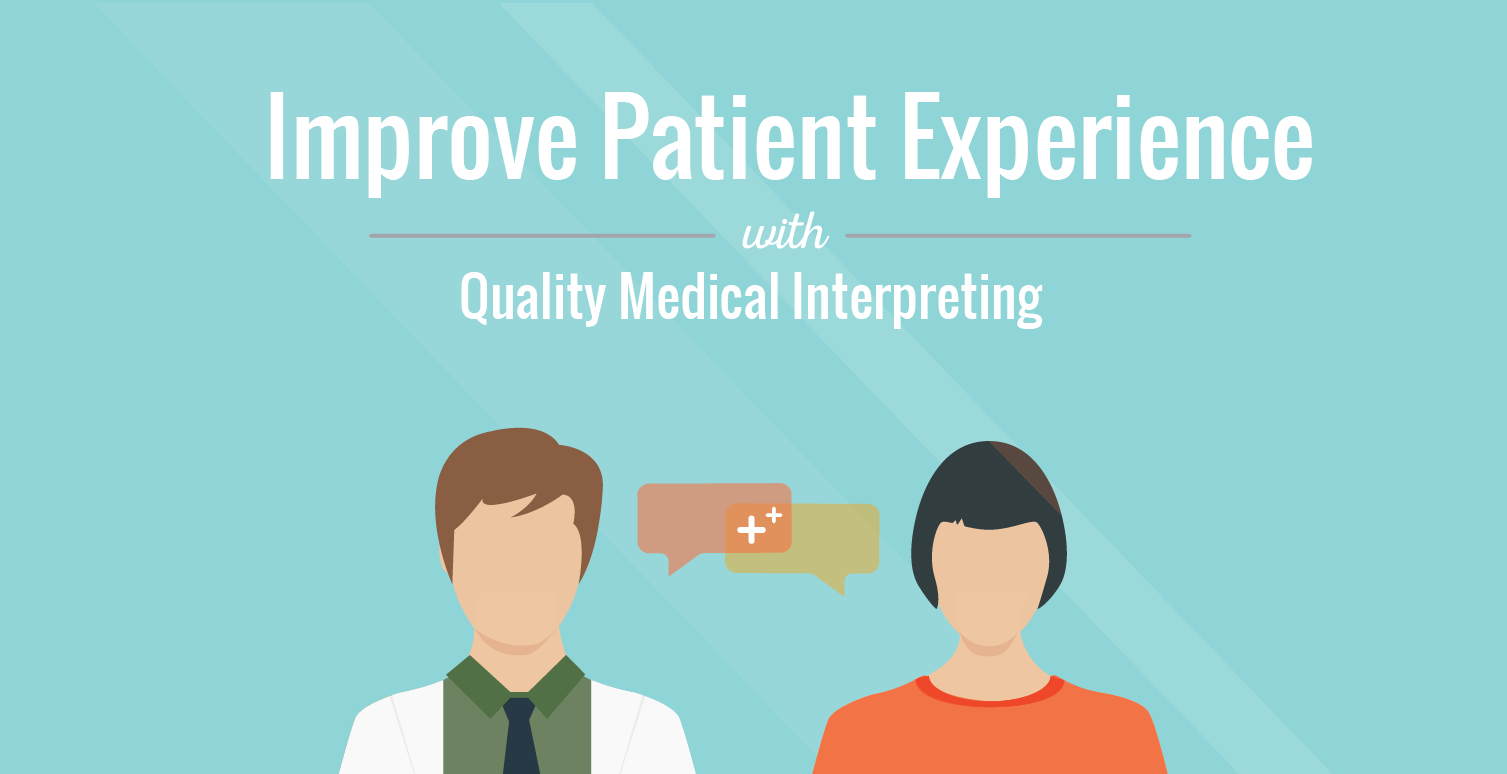Stay up to date.
Stay connected with tips, resources & stories on language access.

The recent shift in our nation's healthcare reimbursement model (from pay-for-volume to pay-for-value) has given patient satisfaction scores a new level of significance for health systems. Though there's uncertainty surrounding the future of the Affordable Care Act, which put this model in place, value-based care is likely here to stay.
With hospital reimbursements based on outcomes and quality measures, your HCAHPS scores now have a direct and causal effect on your facility’s bottom line. So how do you improve patient satisfaction and boost HCAHPS scores?
Effective communication is a vital component to HCAHPS success. And with a growing number of limited-English speakers in the United States, so is the quality of your health system’s medical interpreting.
Read on to learn 1) why limited-English patients factor so heavily into your patient satisfaction scores, and 2) how implementing quality medical interpreting at your facility aids in clearer communication, resulting in greater positive experiences for all of your patients.
If you were to guess what percentage of the U.S. population spoke a language other than English at home, what would you guess? 5%? 10%? … How about 20%?
That’s right. One in five Americans is speaking a non-English language at home. And about 41% of this multilingual group is considered “Limited English Proficient.” That’s 25 million people in the U.S. who speak English “less than very well.”
This population represents the fastest growing segment in the United States, which means the need for medical interpretation and translation support will only become more prevalent in your health system.
Writing in Forbes, customer service expert Micah Solomon describes the halo effect as “the tendency of humans – including patients and their loved ones – to cut you slack when they have a generally positive impression of you, how a positive experience with you will spread in their minds (and in their survey responses).”
In other words, your limited-English patients aren’t going to grade your facility and the care they received literally (like some kind of algorithm) when answering the questions in the HCAHPS survey. Instead, patients will grade you on patient-provider communication and how your staff made them feel overall.
Are you supporting your limited-English patients with exceptional language services? Download our infographic to visualize how high-quality medical interpreting can increase patient satisfaction, reduce readmission rates and improve the other quality measures that drive reimbursements.